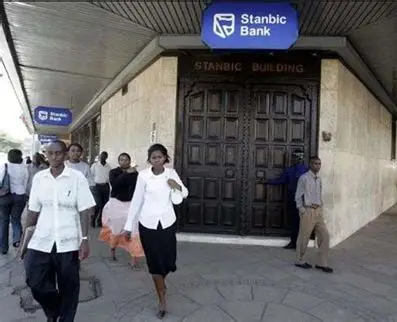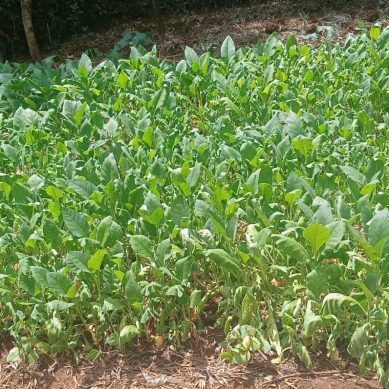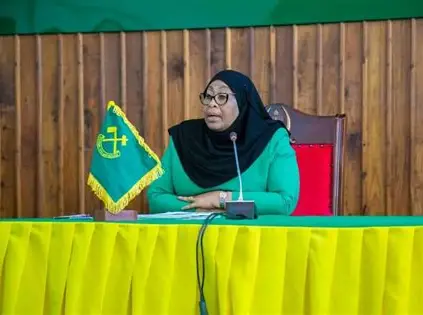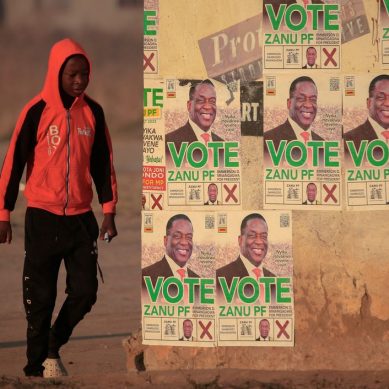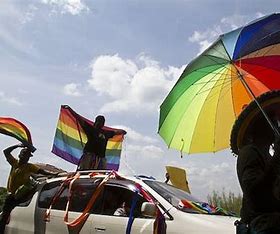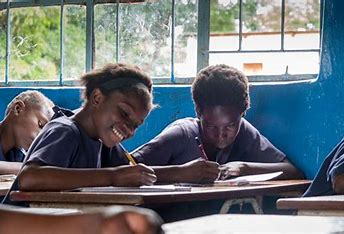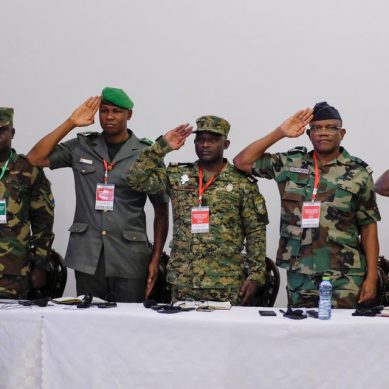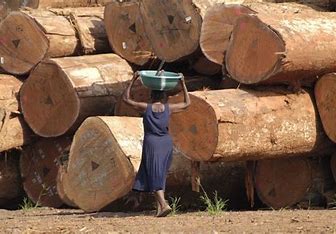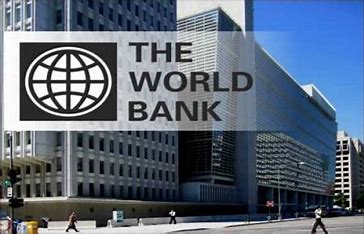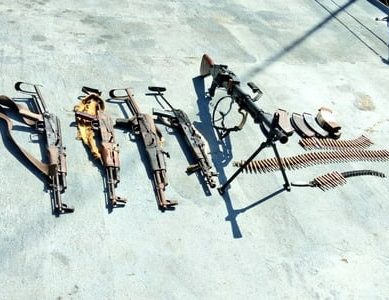Zimbabwe votes against a backdrop of economic maelstrom, results are likely to be contested
The cash-strapped country’s chances of resolving a debt crisis that prevents it from accessing World Bank and International Monetary Fund loans are at stake, as foreign lenders have said a free and fair election is a pre-condition for any meaningful talks on the issue.
Queerism: How World Bank doles out wicked money to ‘evangelise’ homosexuality, engineer Africans’ self-termination
While Catholic orthodoxy still regards homosexuality as a crime against nature, the sexual deviation from the more biologically, ecologically and environmentally recurring sexual practice among diverse species of animals and plants – heterosexuality – the deviant sexual practice has been documented as far back as the times of ancient Greeks. Germany was probably the first country in modern times to legalise the practice almost 30 years ago.
Human Rights Watch accuses Saudi Arabia border guards killing hundreds of Ethiopian migrants
Some 750,000 Ethiopians live in Saudi Arabia, with as many as 450,000 likely having entered the kingdom without authorisation, according to 2022 statistics from the International Organization for Migration. The two-year civil war in Ethiopia’s northern Tigray region displaced tens of thousands of people.
Black Impact Foundation vouches for investment in Black-owned ventures as step to Africa’s future
With an unyielding focus on economic growth, wealth disparities and generating opportunities for Black communities, investing in Black-owned businesses takes the spotlight as a powerful catalyst for societal advancement.
Intrigued Sierra Leonean volunteers dream of bringing home floating hospital – Global Mercy
A World Bank report found that poverty in urban areas in Sierra Leone improved from 2011 to 2018 – a great achievement. But in rural areas during the same time period, poverty rose from 9 per cent to 13 per cent. That’s why Mercy Ships volunteer Lamarana Shour thinks the Global Mercy’s visit is more important than ever.
West African militaries meet in Ghanaian capital to finalise possible Niger intervention
Military officers deposed Nigerien President Mohamed Bazoum on July 26 and have defied calls from the United Nations, the West African bloc ECOWAS and others to reinstate him, prompting regional powers to order a standby force to be assembled.
AU’s willingness to question UN peacekeeping doctrine is enabling regional blocs to resolve armed conflicts – report
African-led peace operations are growing ever-more crucial to addressing the continent’s security challenges. It is no stretch to argue that future peace and security on the continent depends upon the continued growth and evolution of African-owned modalities of conflict prevention and resolution. To achieve their full potential, the AU, RECs, and member states must reinforce the successes and address the shortcomings of African-led peace operations
Swathes of Central African Republic forests under threat from Chinese, French and Lebanese loggers
The illicit trade is exacerbated by weak law enforcement, porous borders and increasing transnational demand for the country’s timber products. Timber trafficking has also been enabled by the CAR’s protracted political instability and has played a major role in funding the conflict that has decimated the country. Illegal timber exports have attracted militias and armed groups seeking funds to buy weapons in a power struggle that has collapsed the state and claimed the lives of thousands of citizens.
Homosexuality: It’s time Africa, other developing countries gave World Bank and IMF a wide berth
African leaders who become rich only after they have become leaders through primitive accumulation of wealth are victims. The loot the make, if they do not encourage domestic production, will be foreign loans-based.
New trends emerge in Nigeria’s banditry menace as rising number of women enroll in gunrunning
The most recent Global Multidimensional Poverty Index (MPI) shows that 80 per cent of people in north-west Nigeria are poor. Although the MPI doesn’t disaggregate by gender, women bear the brunt of poverty in Nigeria. Most women in the country’s rural north depend on subsistence farming for food and income, and comprise the bulk of people experiencing poverty in rural communities.
